Reflection on Exodus 20:1–17
Ten Commandments.
Ten, among over a hundred scattered through the Torah – in the books of Genesis, Exodus, Leviticus, Numbers, Deuteronomy.
Which are the most important?
Which underpin the rest?
Love. Honour. God. Each other.
Fulfill the covenant with God, to be God’s people as God is our God by living with love and honour for God and each other.
It is as simple, and as difficult, as that.
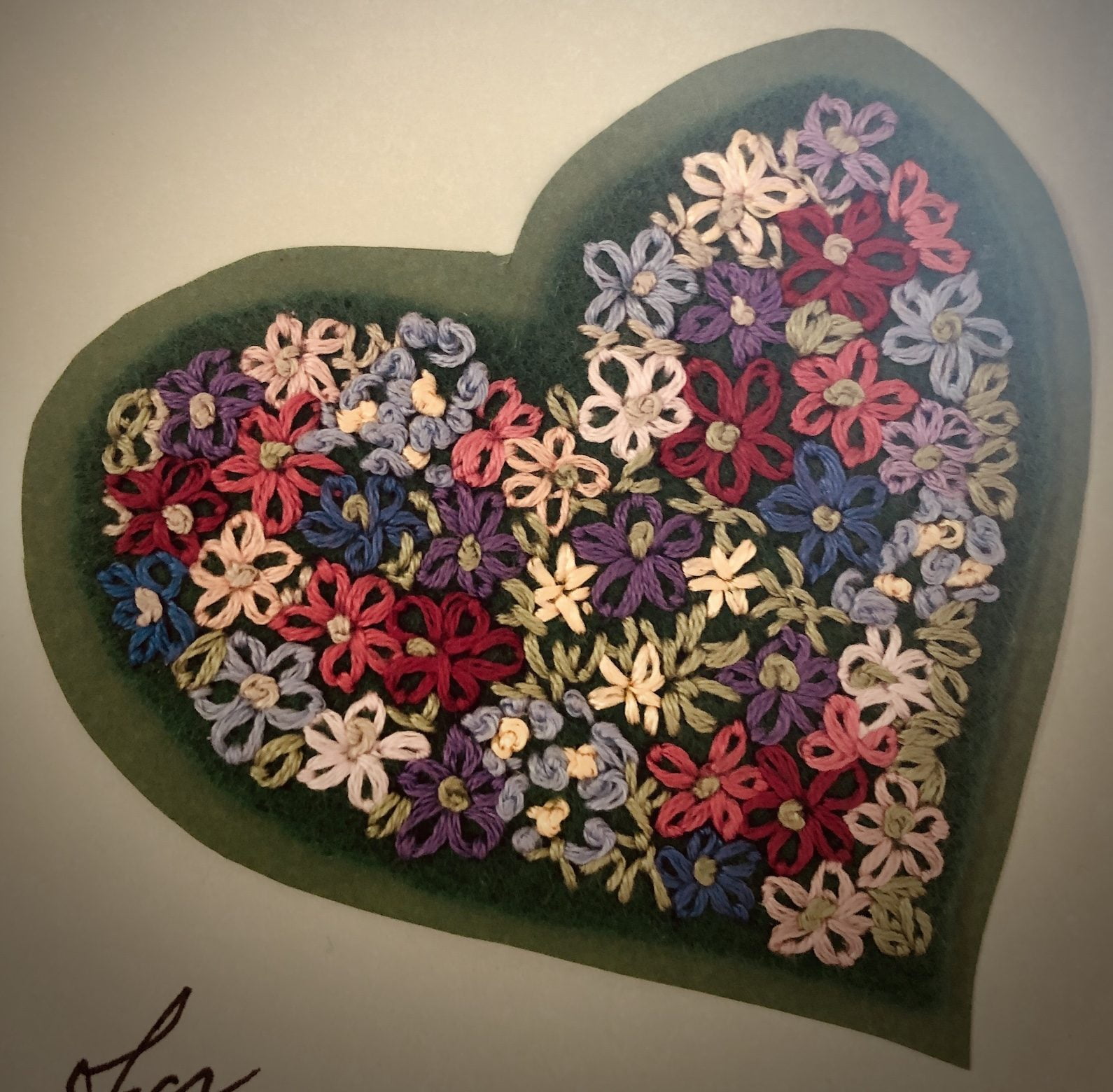
I have two cabinets in my bedroom made by my grandfather. In my Nanna’s house, the smaller was in her bedroom on the left as you entered, though I don’t think I ever knew what she used it for there. I use it now as my bedside table, holding my bedside lamp, books, journal and pens, a wheat bag, cough drops, and hand cream.
The larger of the two cabinets stood in Nanna’s front hall all my childhood, youth, early years of adulthood, with pens and rubber bands and torches in the drawers; phone books and miscellaneous papers in the cupboards, mail and ornaments on top. In my bedroom it holds jewellery in the drawers and on top, sheets and towels in the cupboards.

We treasure what we inherit, but the way we keep it living to its purpose changes according to the life we are living now.
My use of these cabinets is still as cabinets, still holding important things I use every day. I dust the cabinets, am going to need to fix a catch or two soon, and one day the chips in the varnish will grow large enough to necessitate a sanding and revarnish I’m sure.
What I do not do is put them in a corner out of the way of knocks and bumps to avoid chipping the varnish. Nor do I use the cabinets as my Nanna did – I don’t even have the telephone book or yellow pages any more.
And although I bang the doors hard to get them to stay shut, shove the drawers when they get stuck, still I cherish these cabinets as the inheritance I received from my Nanna and grandfather.
The Ten Commandments. An inheritance passed on from generation to generation of followers of God.
From the beginning, Hebrew / Jewish teachers – priests, prophets, rabbis – have interpreted and applied the written Torah (Torah – Law, or more helpfully, Teaching) in what became Oral Torah. This Oral Torah has been held as sacred as the written teaching – and in some times and places, more so. It is the application of the teaching to life as it is lived – dynamic, evolving, ever changing – that enables the teaching to fulfill its purpose to guide life according to the Way of God.
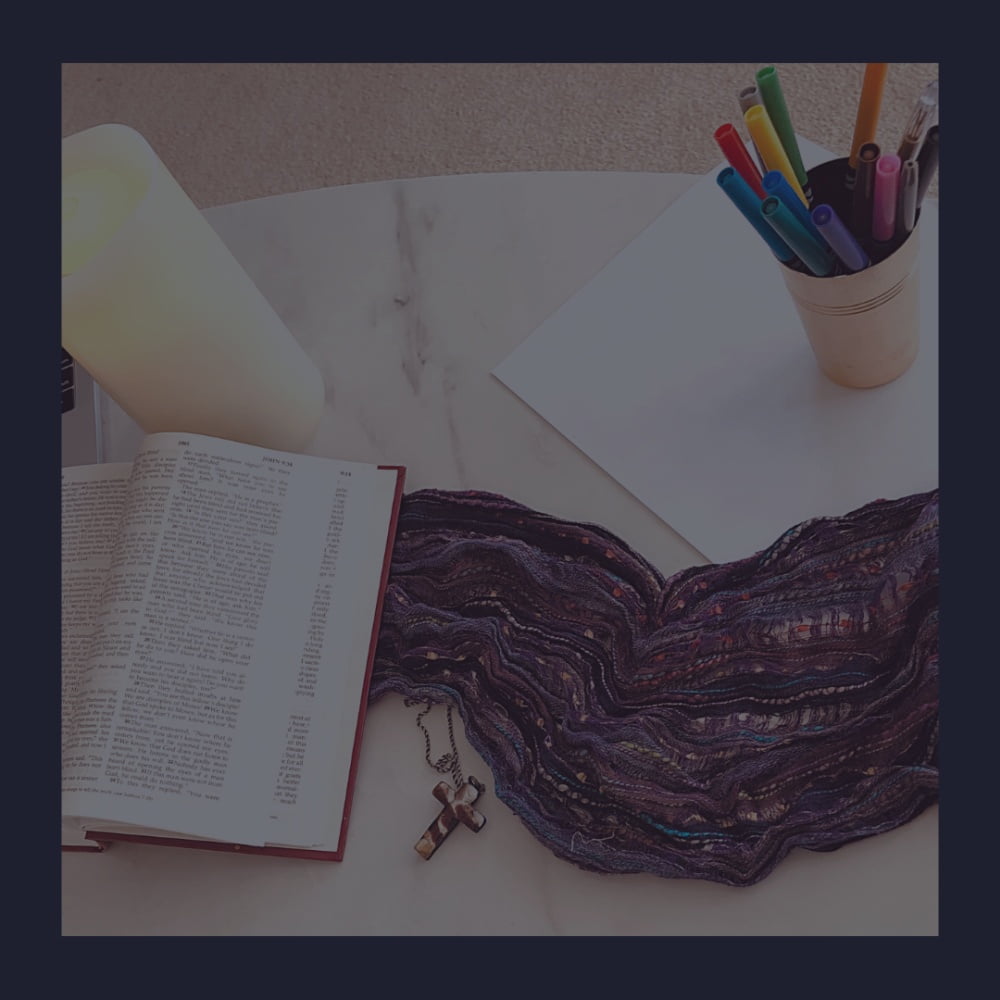
Oral Torah is like taking the cabinet, well made, beautiful, treasured inheritance, and looking to the needs of this time and place to determine where it will stand, how it will best meet its purpose here, now, for this generation.
The Way of God.
Love and Honour God, the One God.
Love and Honour each other, as we love and honour our selves.
Nothing changed about that overriding guiding command between the times of Moses and Jesus.
Nothing has changed about that underpinning command between the days Jesus walked on earth and our walking the earth now.
As for the rest. The ‘how’ we love and honour God and each other. Application of those commands necessitates discernment of the deeper, broader, principles.
Do not murder is clear and unchanging, of course. But we apply such a command not to diminish life by deeming other harms such as abuse (physical, psychological, emotional, sexual), violence, negligence as digressions from love and honour.
Do not covet is described in the commands as particularly concerning property – but we would consider envy of another’s success or acclaim, fixated desire for adulation, less tangible jealousies, also to be digressions from love and honour for others, for God, and for ourselves.
Not to mention that the women assumed in the expression of this command are no longer considered or treated as property, in a living out of the command to love and honour God and each other in very many human societies today.
Honour your parents. Honour your elders, ancestors. Does this command exonerate the older generations from honour for the younger? I think not. Does the way one honours the generations before and after us look the same as it did when the commands were written down, when Jesus lived, fifty, twenty, ten years ago? No. Life is dynamic. We are always learning more about being human, and that shapes our application of the command to love and honour God and each other. For love and honour – honour – must see the person before you, see them as they are, welcome, affirm, celebrate them as they are. Asking another to conform to our expectations is not love, is not honour.
Oral Torah – Midrash, interpretation, exegesis, scholarship, preaching – the Basis of Union commends our people to attend to the wrestling, discerning, work of scholars and preachers, ministers and pastors, who help us apply the Teaching we inherit in ways that will fullfil its purpose among us – in ways that will help us, dynamic, evolving, ever-changing humans and communities, to live the never-changing command to love. to honour. God, the One God. each other, as ourselves.
We don’t put the cabinets we inherit from our grandparents in the corner to be admired as relics that will remain in the same condition forever. We use them, and the handles tarnish some, the varnish chips and fades with time and hands and the fulfilling of purpose, serving life as it is lived here, now. We cherish what we inherit, and we do so by letting it breathe, adapt – LIVE – God’s dream for us.


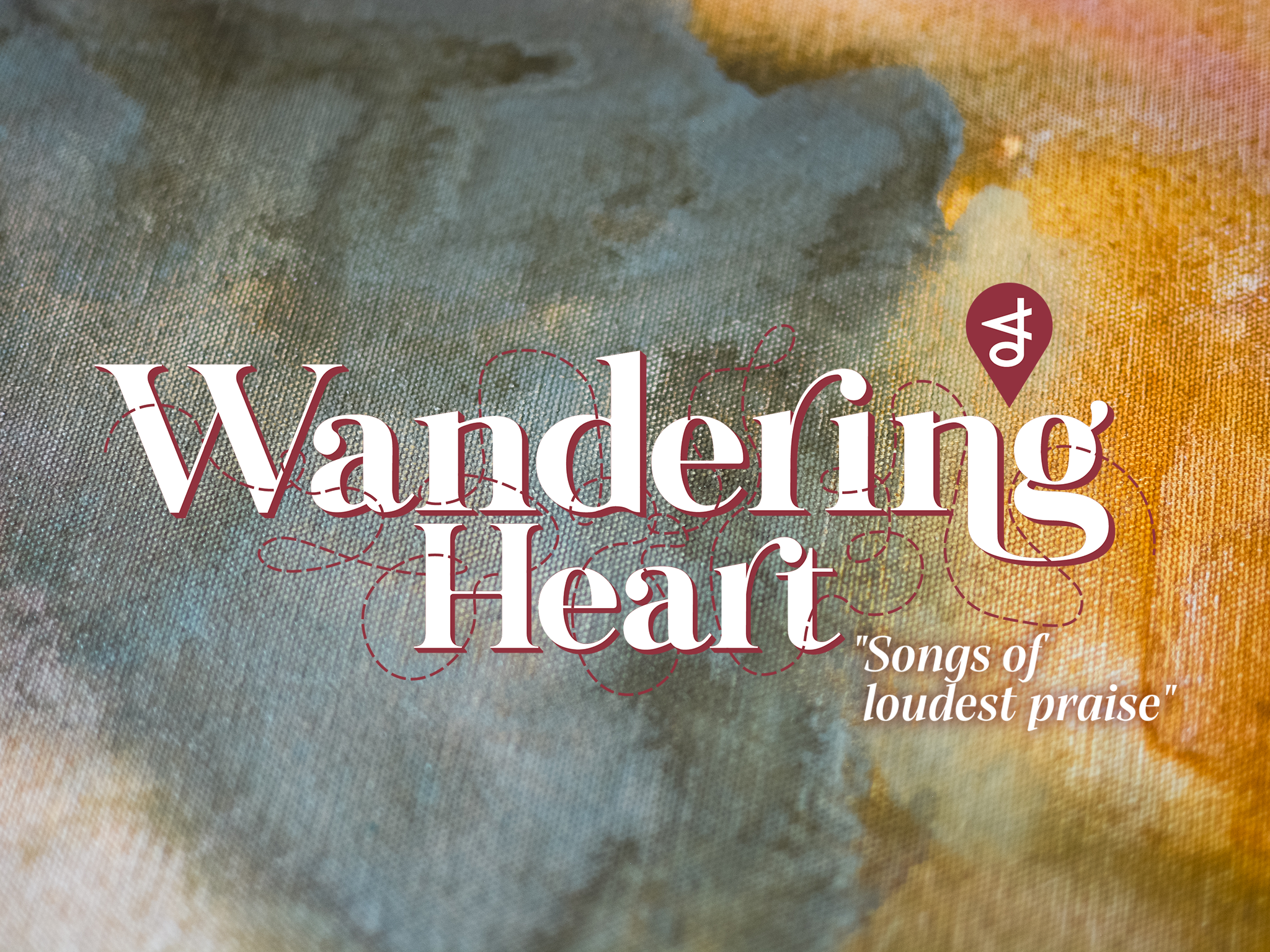
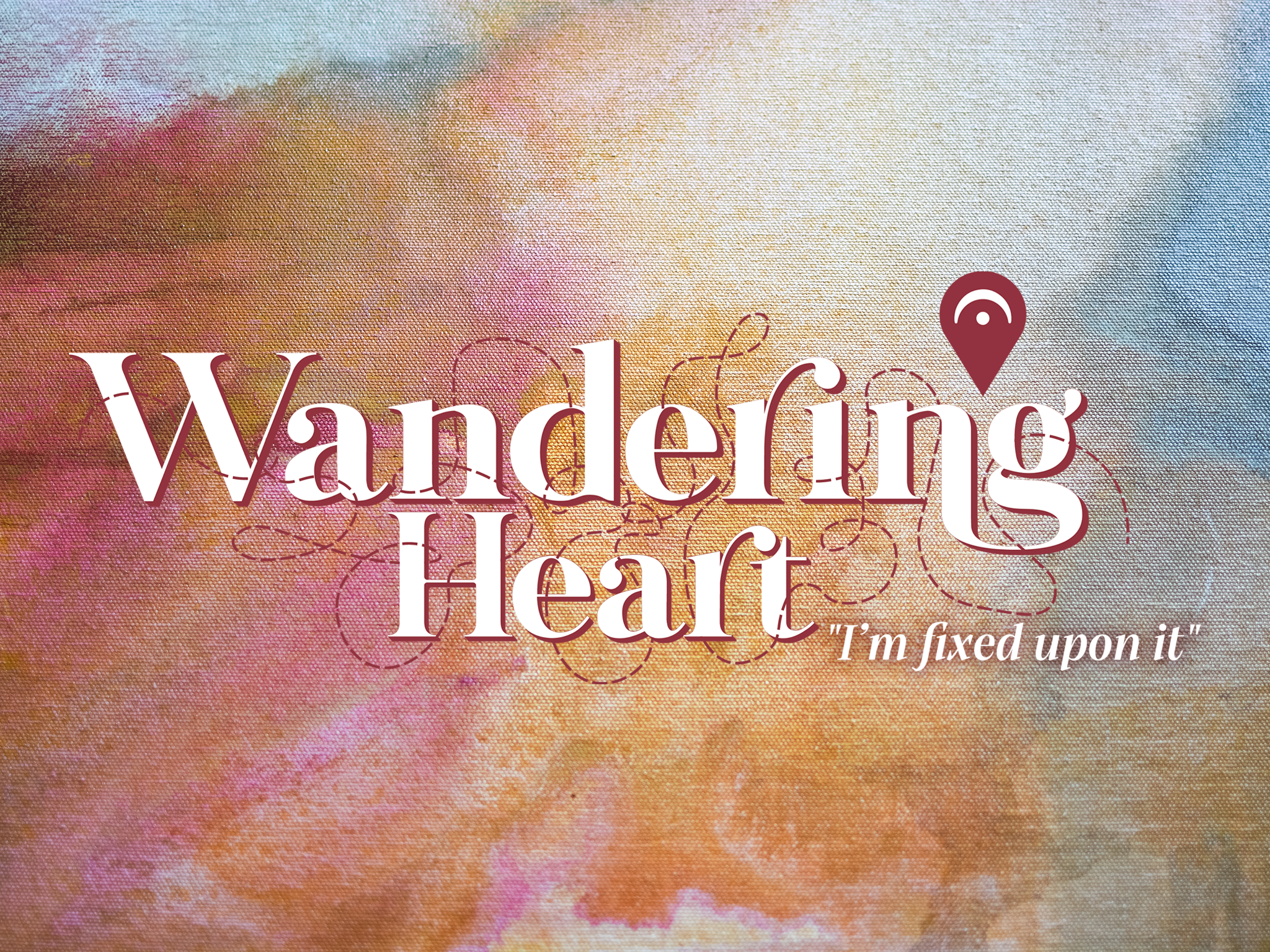
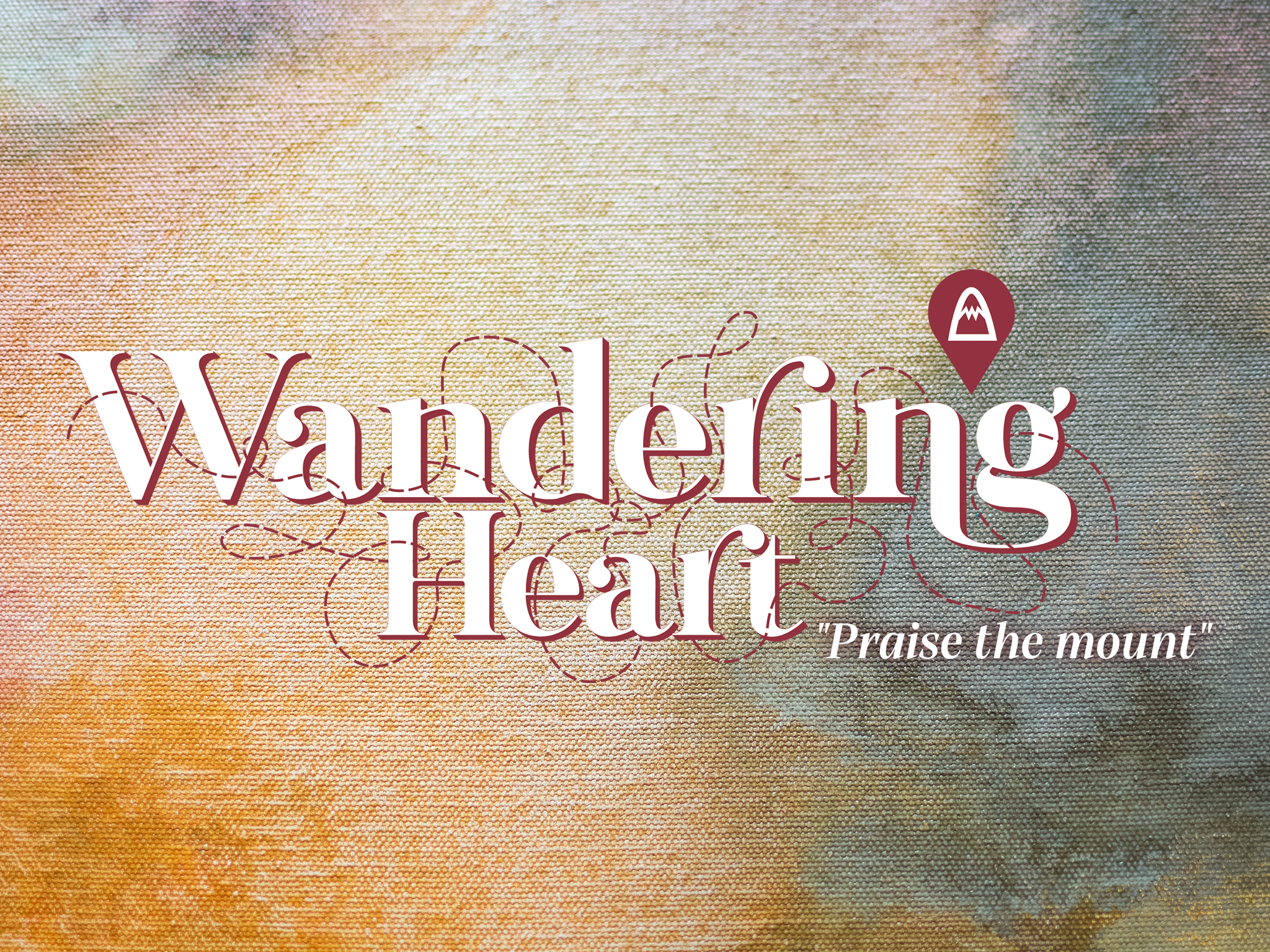
Leave A Comment